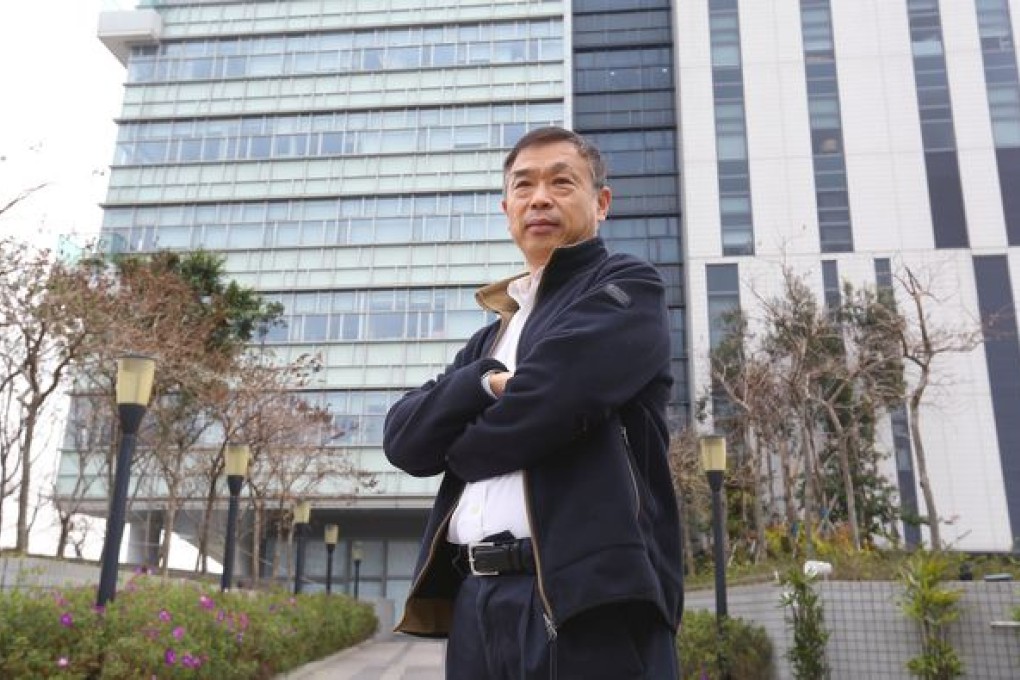Taking the High Road
China’s “One Belt, One Road” strategy has been the subject of much attention. The strategy is set to enhance trade, finance, and infrastructure projects with as many as 65 countries which stretch between Asia and Europe.

China’s “One Belt, One Road” strategy has been the subject of much attention. The strategy is set to enhance trade, finance, and infrastructure projects with as many as 65 countries which stretch between Asia and Europe.
Some of these countries are on the so-called “Maritime Silk Road”, while others lie on the overland routes which link the two continents. Taken together, the countries involved account for around 60 per cent of the world’s population, something which highlights the ambition of the initiative, as well as the vast scope of the opportunities it promises.
City University of Hong Kong (CityU), Tsinghua University in Beijing and the United Nations Economic Commission for Europe (UNECE) signed an agreement on 20th January in Geneva to advance Public Private Partnerships (PPPs) within China’s One Belt One Road initiative.
“The world already knows that China has manufacturing capacity, technology, and money. But its most important contribution to developing countries may be its expertise in infrastructure and logistics,” says Professor Houmin Yan, dean of the College of Business at CityU. “Thirty years ago, when the mainland economy started to expand, the first step was to build roads, bridges, and ports to make transportation accessible and create a logistics network. When you have those things in place, an economy can speed up. You make ways to connect factories and consumers, and then people can do business,” Yan says.
With this in mind, CityU quickly teamed up with UNECE (the United Nations Economic Commission for Europe), an organisation with a remit to support the development of public-private partnerships (PPPs). Broadly speaking, UNECE’s work involves setting up centres in various parts of the world to focus on generating new investment in specific sectors such as healthcare, SMEs (small and medium-sized enterprises) and smart cities.

In each case, the objective is to create standards, and provide viable business models. The centres also offer guidelines on the best practices for managing different kinds of risk, implementing anti-corruption procedures, and ensuring effective collaborations.
